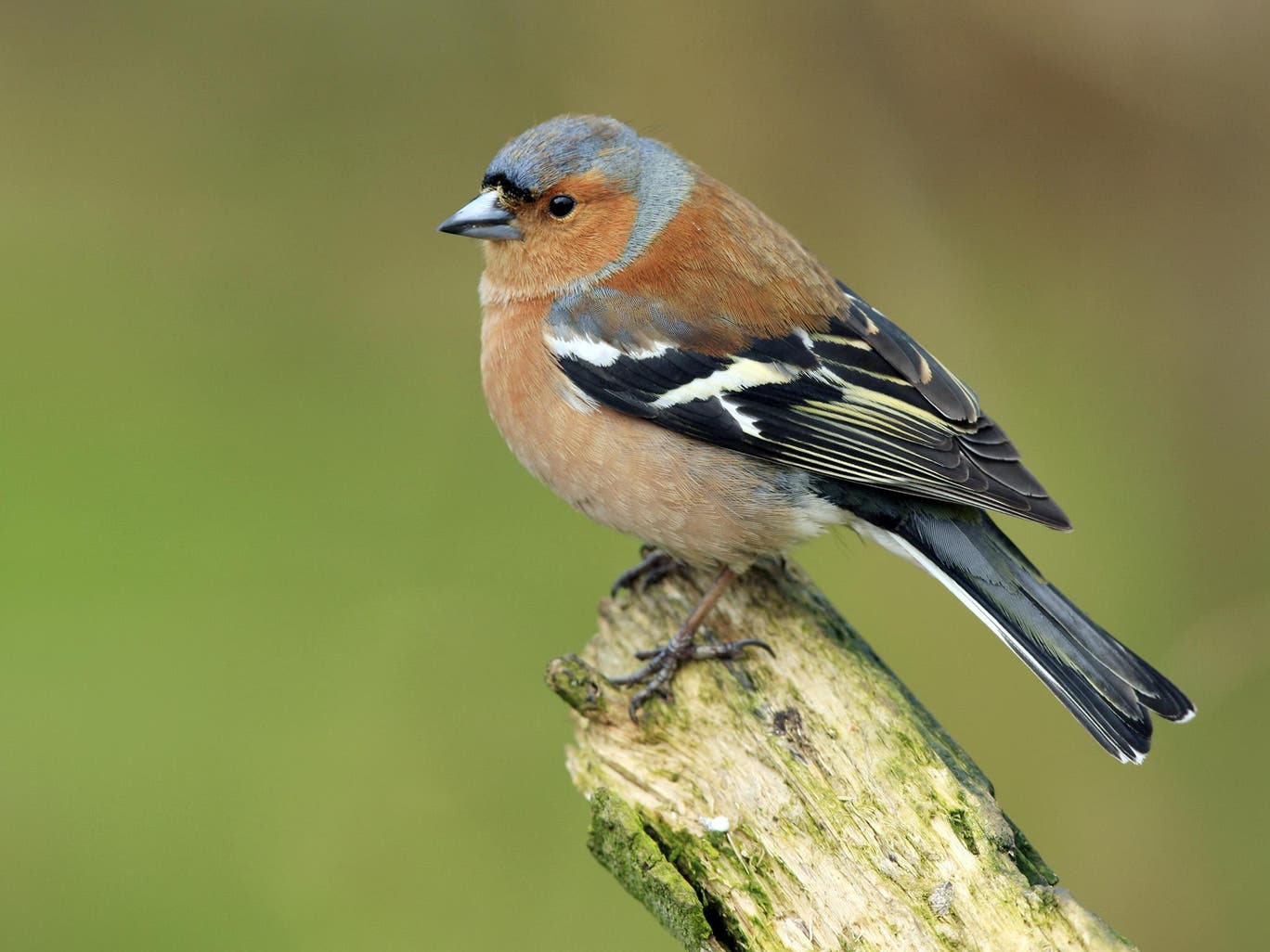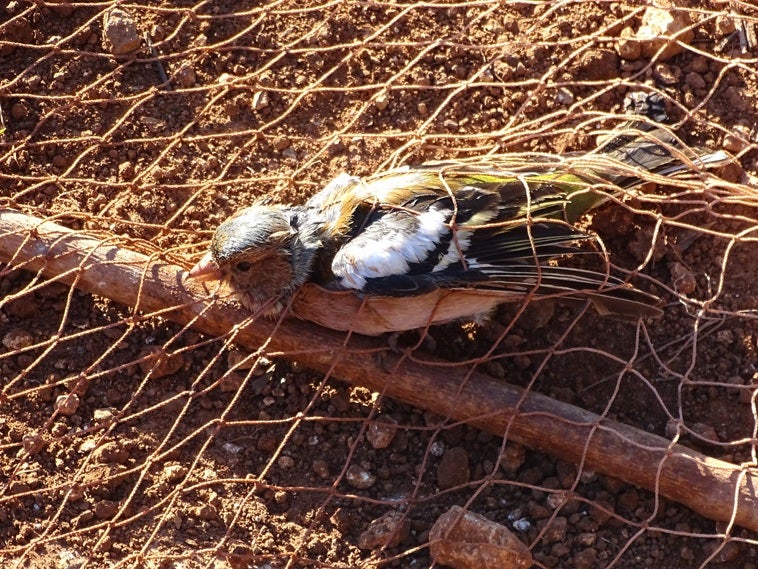Ruffled feathers: Spain’s songbird hunting becomes latest frontline in populist challenge to Brussels
Despite a European ban, hunters in Spain still target songbirds and now have the support of populist politicians who claim Brussels has overstepped the mark, reports Graham Keeley in Madrid


The birdsong rings out to lure unwitting victims into nets while others are snared with birdlime, which glues them to the ground unable to escape.
Finches, chaffinches, goldfinches, greenfinches and linnets are the targets of hunters who play birdsong to attract these colourful avians.
Enthusiasts trap them, then train them to sing in contests in a practice known in Spain as silvestrismo. Once their use in contests is over, most birds are killed and eaten.
William Shakespeare alluded to the practice of catching songbirds which had been “limed in a bush” in Henry VI, proving the tradition goes back hundreds of years.
Trapping songbirds was banned by the European Commission in 2018 which threatened countries like Spain with fines if they disobeyed.
Brussels’ prohibition drove the trade in songbirds underground, providing a lucrative trade for crime gangs.
Now rebel enthusiasts are challenging the authority of the EC to stamp out a tradition which, they say, is as rooted in Spanish culture as bullfighting.
The far-right Vox party, the third largest party in the Spanish parliament, struck an alliance with the conservative People’s Party and other proponents of hunting, to defy the Brussels diktat.
In the southeast region of Murcia, where bird trapping has long been a popular practice, both parties have called for the regional government to disregard the EC.
“The European Union wants to control even the singing of the birds,” said Francisco Carrera, a regional MP who was a member of Vox.
“Brussels wants to attack this traditional practice.”
In normal times a popular tourist destination for golf-loving British holidaymakers, Murcia is ruled by an alliance of the PP, Vox and the centrist Ciudadanos (Citizens) party so the motion could be passed.
Vox, which has grown from something of a joke with no seats in parliament just three years ago to becoming a serious political force, champions countryside pursuits like bullfighting and the hunting of wild boars and songbirds.
“I think that with parties like Vox becoming stronger and with the support of the PP we may be able to see the return of songbird hunting in Spain,” Paco Bastida, the president of the Murcia Federation of Hunters, told The Independent.
Bastida said across Spain the pastime attracted at least 40,000 fans who were affiliated to organisations.
“It is essential for us to trap these birds from the wild because otherwise their song will not sound the same. Right now people across Spain are banned from doing so but people are angry,” he added.
Angel del Valle, an enthusiast whose family has hunted song birds for generations, takes part in contests with birds which he says were trapped before the EC ban was imposed.
“It is part of the tradition to trap the birds then I can train them in how to sing,” he said.
“I put a recording of a bird singing – or a real bird who has learnt to sing - next to the cage with the new birds and slowly they copy it. It has been in my family since my father and grandfather.”
The European Court of Justice ruled in 2017 – a year before the EC ban – that even if the practice was traditional this was not reason enough for it to be permitted unless there was a sound scientific basis for doing so.
Environmental groups have long opposed songbird hunting.

“We have to resist this practice because the number of these birds is in decline anyway because of intensive farming and loss of habitat so this practice does not help,” said Mario Gimenez, of SEO Birdlife, told The Independent.
“I think that before this ban came in there was already an illicit trade in these birds. It is illegal to sell them but cases have come up from time to time.”
Last year, police in Catalonia broke up a gang of poachers who were believed to have made €150,000 by capturing 10,000 protected finches over a two year period.
The investigation started last year when police stopped a truck transporting birds from Andalusia in southern Spain to Catalonia in the northeast of the country.
In another operation, three people were arrested for illegally hunting songbirds in Murcia and selling them for between €50 and €100 each.
A 58-year-old man from Jaen, in Andalusia, was arrested last year for using birdlime to catch the songbirds.
Join our commenting forum
Join thought-provoking conversations, follow other Independent readers and see their replies
Comments